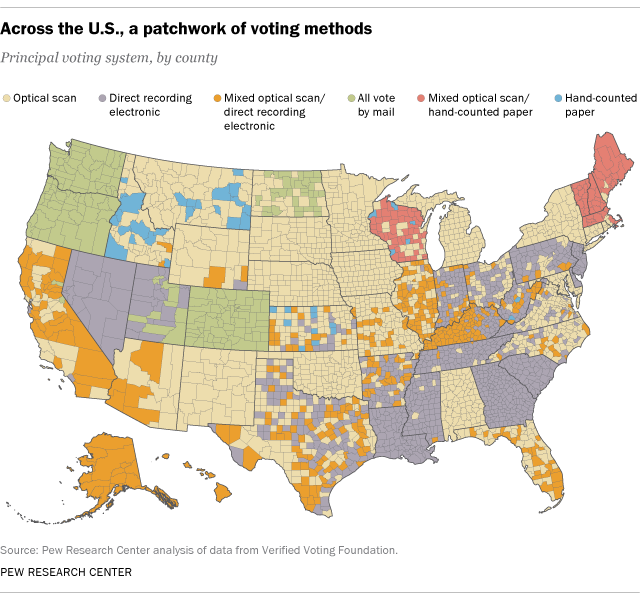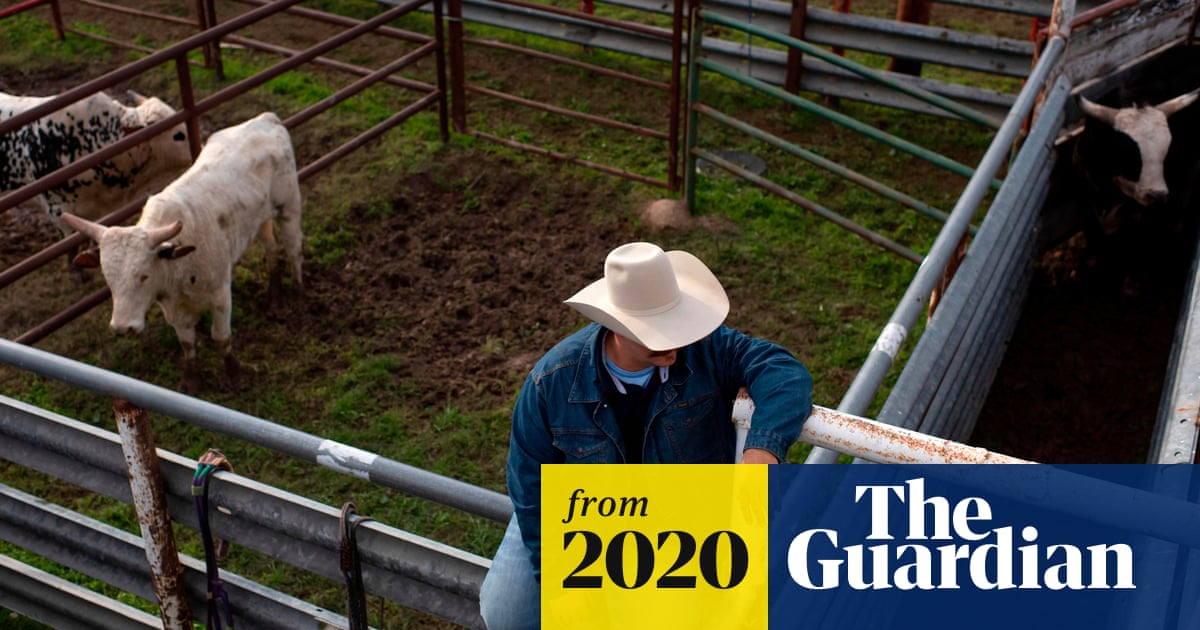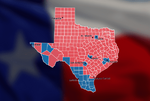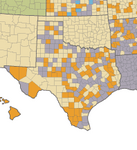I think you still don't understand my complaint. You first posted an article titled "setting the record straight" to make your case, and then posted some good sources beneath, and then you didn't actually talk about them.
What exactly do you think I mean when I talk about precinct consolidation, station closure, allotment of voting machines per district on a per-voter basis, and disparities of
type of voting machine and how that impacts voter time-on-task?
Could I contest that one of your sources states black voters were least likely to say...And yet they still managed to spend the entire written portion avoiding aspects that were worst for white people, and managed to conclude that "minority neighborhoods" were significantly effected by low quality precincts, because after breaking down racial groups the whole time, they slight of hand away those group distinctions at the end and turn minorities into a single conglomerate.
Congratulations, you looked at the survey responses per-question in the Barreto paper, but apparently didn't look at their analysis of key indicators to index overall quality, correlation to turnout, nor conclusions that found the exact opposite as the cherry-picked "perspective" you provide here while simultaneously, conveniently, ignoring that race correlates to wealth. Because apparently, the size of the waiting room and whether the shitters are labeled is equivalent or of greater importance in your mind to whether there are chairs in the waiting room, whether voters are provided literature of their rights as voters, and the availability of provisional balloting (AKA fake voting).
How about the other pdf from your first response? They found wait disparities based on cell phone gps data. Ok. Then they guessed at the mechanism.
No, they argued it was outside the scope of their study, and cited conclusions by other authors who
have studied its mechanisms.
Did the disparity correlate with partisan control? Not strongly, and the trend was worse in Democratic areas.
Yup, funny that, isn't it? It's almost as if Democrats are horrendously hypocritical on the topic of voter enfranchisement, and are more than happy to preserve the status quo through mechanisms that scarcely get mainstream attention because they're arcane, hard to understand, and not terribly ratings-grabbing, while blaming Republicans for stupid-ass laws.
Did it correlate to various measures of wealth and inequality? Nah.
No, they found it doesn't impact the
disparity on a
per-county basis. In other words, black voters in wealthier areas experience the same disparity to white voters, as black voters in poor areas.
Yes. Yes it did. Black people do live disproportionately in urban areas in America, yes. But go back to your other source. Black precincts had the most poll workers, the most local poll workers, the most functional machines, the most centralized polling places.
That's not what Pettigrew and other sources I cited found. Because that's where distinctions between
types of voting machines and voters-per-precinct and machines-per-voter come in. And, Pettigrew found wait times increased exponentially,
and unimpacted by changes in vote share as a factor of race, because he compared the 2008 and 2012 surges in black turnout with 2006 and 2014, particularly 2014 wherein there was a comparative surge in
white turnout but no impact in wait time. What Pettigrew
didn't have, was the data provided by the Chen et. al. analysis.
Because here's what you're
not seeing, because you're not paying attention. The NYS BoE report provides numbers on voter time-on-task for DRE versus optiscan; the voting machine is in use four to six times longer per voter using DRE than it does optiscan (depending upon issuance of VVPAT). The chief barrier to optiscan is spatial, not necessarily technical, because optiscan machines don't necessarily need BMD's and the main limiting factor for optiscan is number of available voting booths. Combine optiscan with mandatory BMD use, and you run into the same voter TOT problems as DRE. The NYS BoE found a requirement of approximately three and a half times
more DRE's to service the same number of voters per precinct as optiscan.
The problem is, NYS BoE fucked up their estimate.
Semantic Scholar extracted view of "New Voting Systems for NY— Long Lines and High Cost" by W. Edelstein

pdfs.semanticscholar.org
So, you want to know why black voters are self-reporting more machines per district, but there are still simultaneously congestion problems that lead to exponentially-increasing lines to vote? They're voting on DRE's and being underserved in machines per precinct:
The two most common voting technologies in the U.S. today are "fill-in-the-bubble" and other optical-scan ballots, and touch-screen computers and other direct recording electronic systems.

www.pewresearch.org
Ballotpedia: The Encyclopedia of American Politics

ballotpedia.org
The contrast couldn't be clearer in the case of Texas this year, which voted before lockdown and uses a mix of DRE and optiscan. Funny how the counties that reported the longest waits, had DRE's and high minority populations, while being highly consolidated before the primary:
Since 2012, Texas has shut down 750 polling stations across the state.

thehill.com
Guardian analysis finds that places where black and Latino population is growing by the largest numbers experienced the majority of closures and could benefit Republicans

www.theguardian.com
Reports of long lines, confusion, broken and misreporting machines, in GA, MI, and SC this year? DRE states. Interesting how Alabama, for its long and inglorious history of throwing everything including the kitchen sink at black voters to stop them,
didn't have these problems while being the only optiscan state in the South.
Because this is how voter suppression works nowadays. Consolidate and eliminate precincts, then provide consolidated precincts with insufficient numbers of voting machines that can serve fewer voters per machine.
Is it possible that through no malice or misappropriation of resources that people living in densely populated spaces going to a more heavily trafficked polling place filled with their neighbors might spend more time in them than rural people driving 20 minutes to an empty room run by 2 people they might not even know?
No, it's not possible. These are known quantities, as I've demonstrated, and the disparity in wait times don't vary by population density. The wait times themselves do, but not the disparity. A black voter waiting five minutes to a white voter's four, is still 25% longer than a black voter's 25-minute wait to a white voter's 20.
So, you posted sources that suggest black communities don't have lower quality voting precincts,
No, you just ignored the papers' analysis and conclusions, and cherry-picked a bunch of bullshit.








